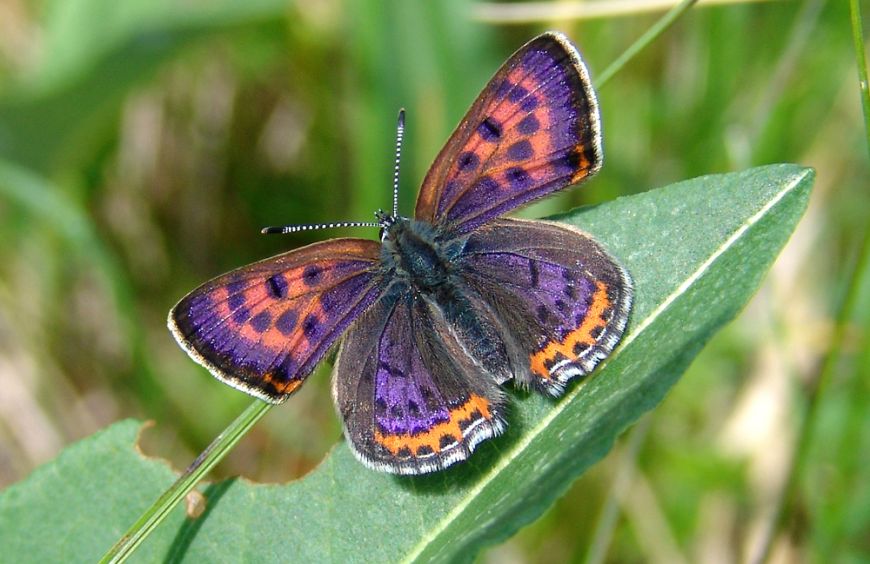COMPLEX TOPICS REQUIRE INTERDISCIPLINARITY
Data Science students at the Paris Lodron University of Salzburg investigated the effects of climate change on biodiversity. The analysis of complex interrelationships requires cooperation between people in different fields of research. This not only applies to science, but also to research-led teaching.
In the joint seminar “Ecology & Statistics”, students from the Master’s programme “Data Science” worked extensively on long-term data series over the course of a semester. The students analysed numerous climate data and observations of butterflies from the Salzburg region and beetles from Western Europe, as well as water data from two Canadian lakes.
This course was created and led by researchers Arne Bathke, Wolfgang Trutschnig – both from the new Department of Artificial Intelligence and Human Interfaces – with Jan Christian Habel and Stephen Wickham from the Department of Environment & Biodiversity.
Interactive, practical study programme on “Global Change”
In the interactive, project-based study programme, the students were taught about the problems of global change. They learned about the challenges of analysing trends and correlations from heterogeneous and incomplete observation series over long periods.
The results obtained prove a significant change in climate and biodiversity. The data confirm a significant increase in the annual mean temperature over recent decades. These climate changes do not occur homogeneously across the year, but are particularly pronounced in months during winter and spring.
Change in biodiversity
Biodiversity is also undergoing a transformation. Butterflies are migrating to higher altitudes in the Salzburg mountains, and beetle species from Western Europe are appearing earlier in the year. Some species are disappearing completely, while new species – coming from the south – are colonising in our latitudes. The students were able to show how rapidly climate and biodiversity are changing – everything is in flux!
A collaboration of scientists from different disciplines is a great asset – for all those involved, students and course leaders alike. Further, valuable evidence emerged that proves the rapid pace of global change. The results will be presented at the prestigious Forum Anthropozän in the summer.
___________________________________________________________
Forum Anthropozän: www.forum-anthropozaen.com
Course leader contact details:
Univ.-Prof. Dr. Jan Christian Habel





